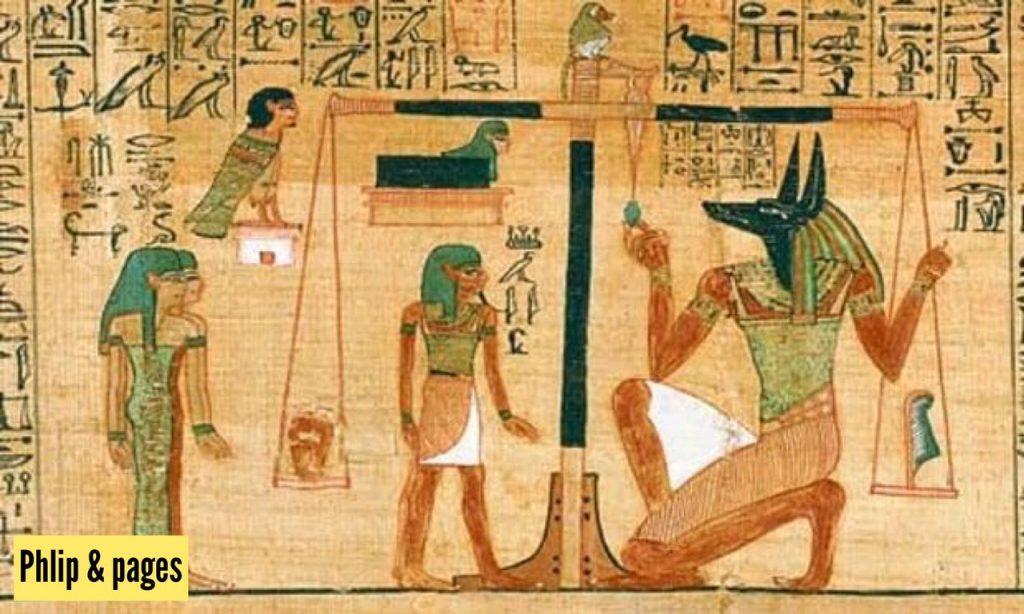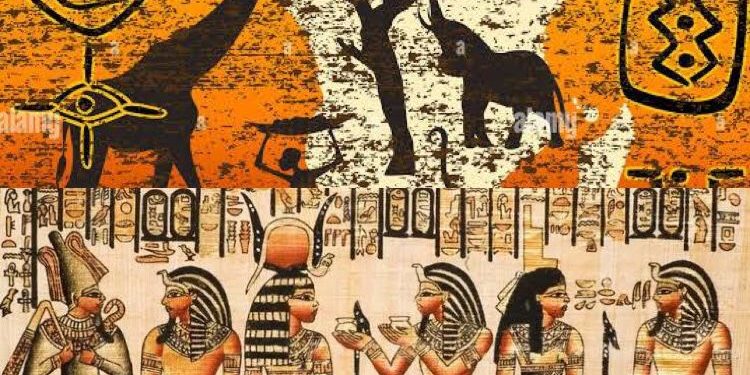African philosophy is a rich and diverse field of thought that has been shaped by the continent’s unique history, culture, and experiences. The origins of African philosophy can be traced back to ancient civilizations such as Egypt, where ideas about religion, ethics, politics were formulated into complex systems of thought.

One key aspect of early African philosophy was its emphasis on oral tradition. Instead of relying solely on written texts or academic institutions for knowledge transmission; Africans carried their beliefs through storytelling which helped preserve cultural values across generations without compromising their authenticity. This approach allowed people from different regions to share wisdom with one another regardless language barriers they may have faced along way.
Another important feature that influenced the development of African philosophical traditions was external influence & interaction with foreign cultures over centuries due factors like trade relations or colonization among others (as well migration patterns). These encounters led to cross-pollination between various schools and philosophies globally hence enriching Africa’s own intellectual landscape while also giving rise new forms syncretism too – blending local worldviews together in novel ways not seen before within same geographic region.
In more recent times contemporary scholars have identified several distinct trends within African philosophy including ethnophilosophy which emphasizes indigenous perspectives towards understanding human existence around them using methods drawn from ethnographic research; existentialist thinking which focuses more heavily upon individual freedom than other schools do by emphasizing subjective experience over objective reality ; Afrocentricity – an approach seeking re-centering Africa’s contributions to global discourse instead perceiving it only as passive recipient Western ideas etc..

Despite these differences however there remains some common threads running throughout all these approaches: communal orientation being one key feature emphasized across all contexts — importance placed upon collective welfare versus individualistic pursuits because society considered primary unit analysis rather than just individuals themselves alone necessarily when examining ethical issues at hand
In conclusion: The origin of African philosophy is a complex topic that reflects both internal developments driven by local circumstances as well external influences stemming from outside Africa. Despite challenges posed by colonialism and other historical factors, African philosophy has persisted over time because of its relevance to contemporary issues facing the continent today. As we continue to explore this field further, it remains important not only for Africans but also global community at large since it invites us all re-examine assumptions about our shared humanity across diverse cultures worldwide alike.
Follow us on Twitter, Instagram, Facebook for more informing and exciting Post
















